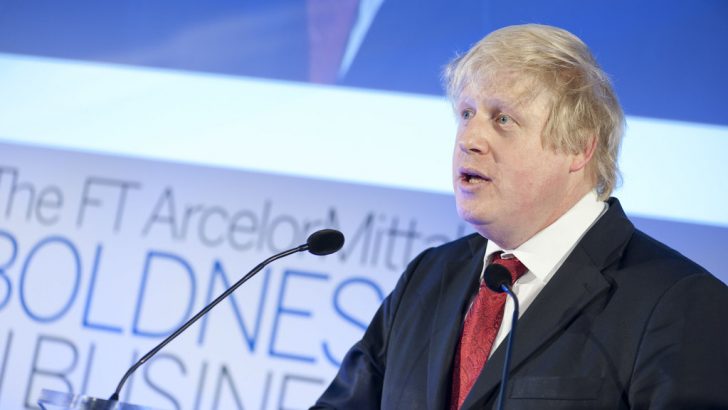Everyday Philosophy
An important distinction in political philosophy is that between substantive and procedural questions.
If I have a substantive problem with an action, it’s because of the moral rights or wrongs of the action itself or its results. Imagine the government raised the top rate of income tax. If I were to criticise that decision it by saying that it is unfairly taking away too much money from people who have earned it, or that it is likely to damage the economy, then I’m objecting to the policy on substantive grounds.
If you have a procedural problem with some action, it’s because you think there was something wrong with the method or procedure used to bring it about – rather than the action itself. If I were to say that the tax hike was bad because I believe tax hikes should only be approved by referendum, then I would have a procedural problem: it’s not the policy itself that I have a problem with but the way in which the government went about enacting it.
Neither substantive nor procedural questions are automatically more or less important than the other sort. Picking the right procedures and sticking to them can be of great importance! Legal standards like ‘innocent until proven guilty’ are procedural questions, and they’re hugely morally significant.
Today though, I want to talk about a way of thinking or arguing that I call ‘fake proceduralism’. This is when you accuse people who disagree with you on something substantive of some procedural offence – an ‘offence’ that you would absolutely commit if you could.
Let’s look at Brexit. Many remainers were outraged by Boris Johnson’s attempt to prorogue parliament in order to help get a Brexit deal through and delighted when the Supreme Court stopped him. This was the triumph of British constitutionalism over Johnson’s skulduggery, a victory for high-minded procedure and fair play.
But as Twitter friend of the column @theologianniamh pointed out on the website, one can easily imagine circumstances in which the same people would have been arguing for exactly the opposite procedural outcomes. If prorogation had hindered Brexit, and the Supreme Court had stepped in to block a progrogation attempt by a remainer PM – it’s hard to believe that most of the very same people wouldn’t have been arguing that prorogation is a completely routine procedure, and that the Court was overreaching and undermining parliamentary sovereignty.
The point is emphatically not to have a go at remainers – your columnist counts himself among their number. The point is that it’s very tempting to talk yourself into thinking that your opponents have committed a procedural sin, broken the rules in some way, when really your problem with them is substantive and you’d have done the same thing in their shoes.
At this moment, people with my substantive political and ethical views often find themselves on the losing side of major cultural and political battles. The temptation to lean heavily on this sort of procedural fakery is particularly tempting when you’re losing. It’s tempting because you don’t have to convince people that your opponent’s views are wrong – you just have to show people that they’re breaking some procedural rule.
Take abortion. A common refrain among pro-lifers like me is that the establishment is biased against us. This is, in the main, obviously true, and there’s nothing wrong with pointing that out. But there’s a particular complaint which I think is too close to fake proceduralism.
One of the things the pro-choice movement has most successfully done is capture a lot of well-respected institutions and positions which have authority as a result of their perceived neutrality.
The fact that pro-choice activists so successfully staged an internal takeover of rightly well-respected groups like Amnesty International doesn’t just seem bad – it seems in some way unfair, procedurally dodgy. ‘This is not what Amnesty is supposed to be!’ we are tempted to say. ‘They should have left it as it was and not brought it into culture war issues.’ But if we really think about it, how many pro-life activists would be complaining if the reverse had happened? If Amnesty International had thrown its credibility behind saving the 8th and affirming the equality of pre-born children, what pro-lifer would object? I know I wouldn’t. The same goes for Masters of hospitals, and celebrities. I often hear pro-lifers saying that these people should stay out of politics and stick to their jobs. But I can’t help but think this is mostly fake proceduralism too: if Rhona Mahony or Bono were pro-life advocates, we would welcome their interventions. Our real problem with these people’s interventions is that they were substantively bad.
I don’t think fake proceduralism really convinces anyone. And more importantly, it’s not being completely honest either with our opponents or ourselves.


 Ben Conroy
Ben Conroy British Prime Minister Boris Johnson
British Prime Minister Boris Johnson